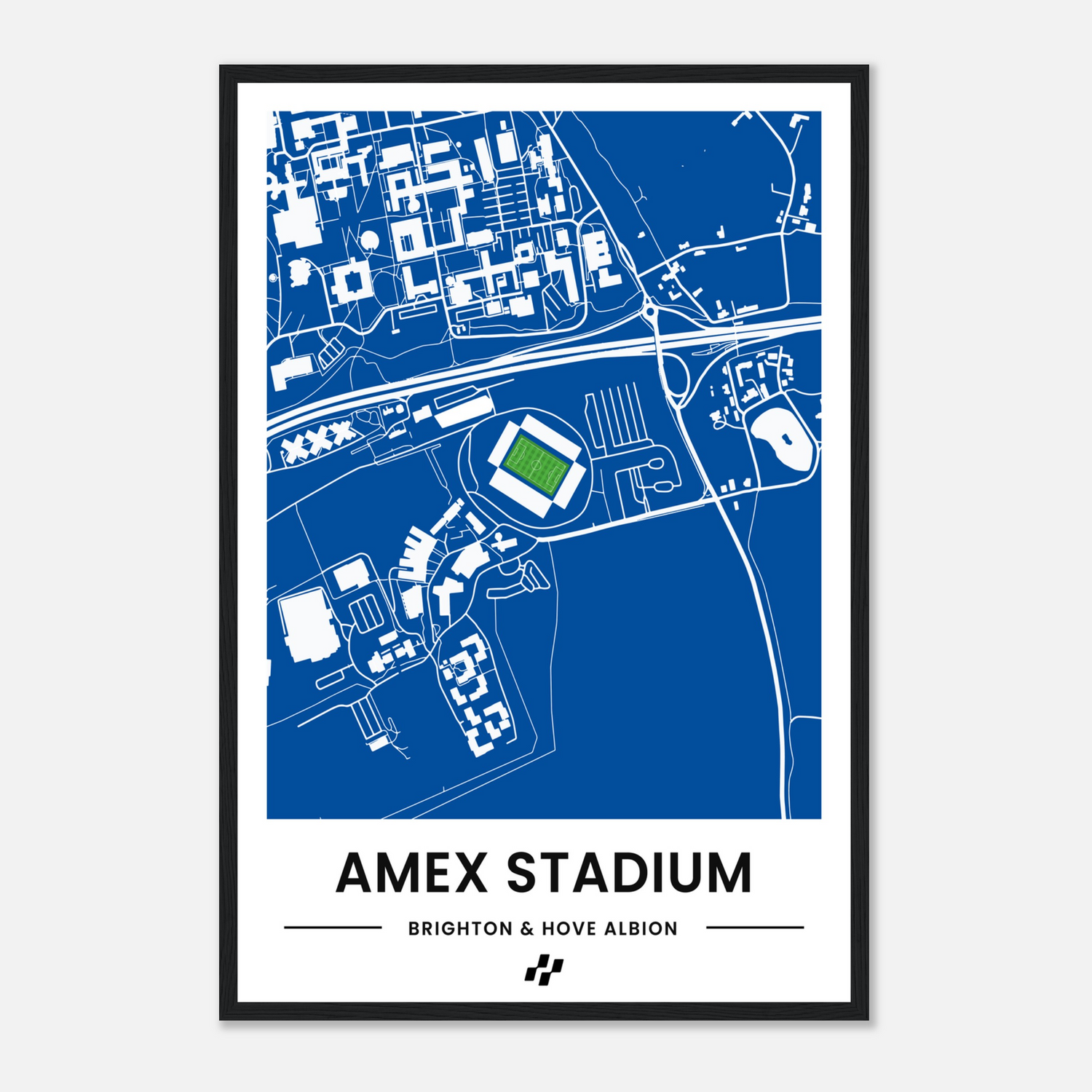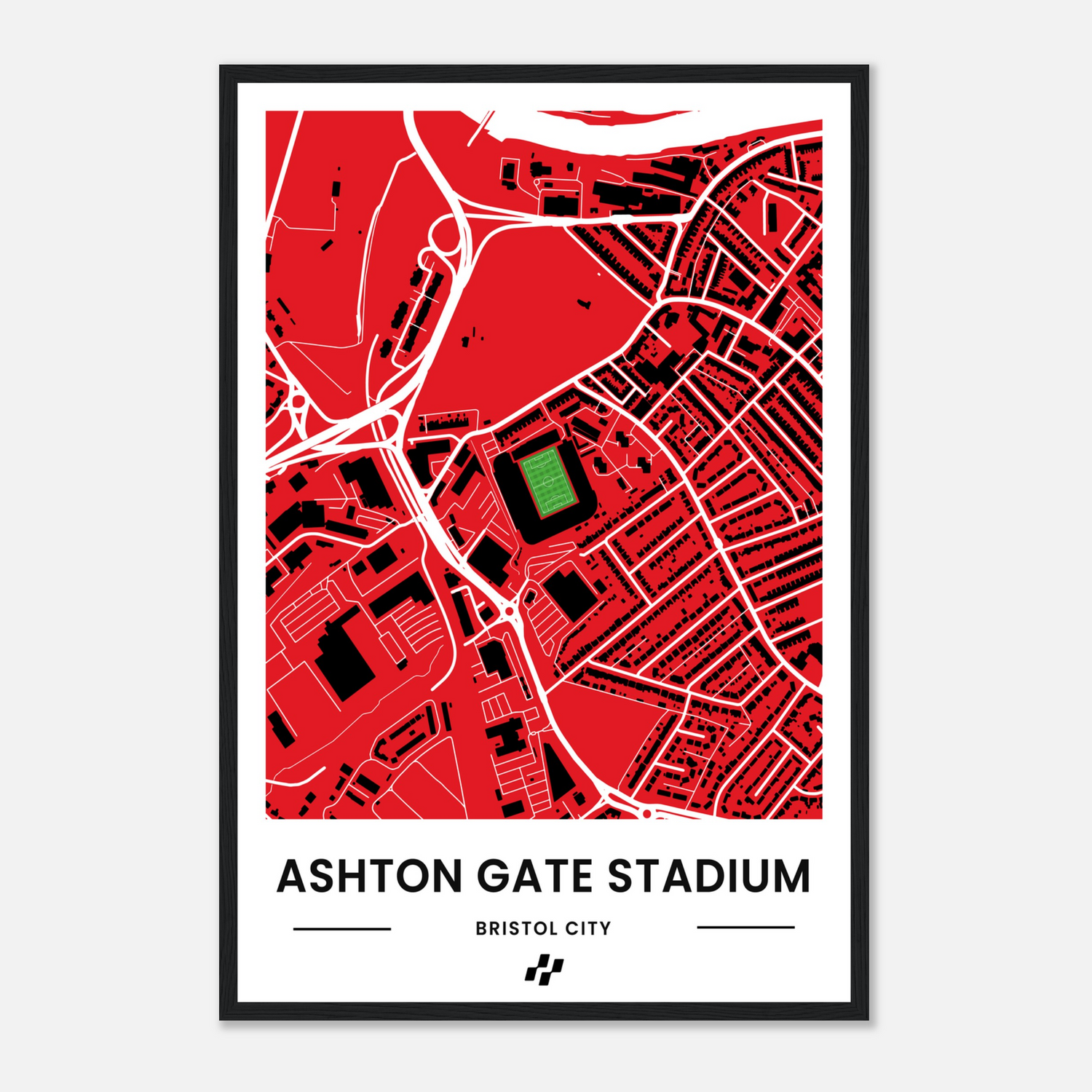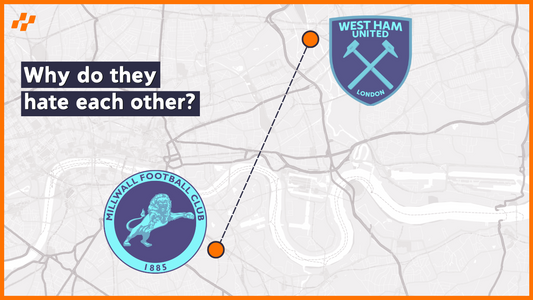
Paul Scholes: Early Years And Rise To Manchester United Legend
Share
Without any denial, Paul Scholes was something special. The likes of Zinedine Zidane and Pep Guardiola both considered him the “best midfielder of his generation”.
How did a 14-year-old boy from Greater Manchester rise through the ranks to become one of Manchester United's most influential players, immortalising him in the history books? With 718 games and 155 goals, he is unquestionably a United legend, but statistics don't tell the whole story. Let's get started.
Watch the full video on our YouTube channel
Early Years:
Paul Scholes was born at Hope Hospital in Pendleton, Greater Manchester, on November, 16th 1974. He was born to his mother, Marina Scholes, and father, Stewart Scholes. His family is of Irish origin.
Scholes was born with asthma. More so, as a child, he suffered from Osgood–Schlatter disease, a knee condition, but that didn’t stop him from playing football.
His family moved to Langley, Greater Manchester when baby Scholes was 18 months old. Scholes attended St Mary's RC Primary School in Langley. The first football team he played for was Langley Furrow. Scholes also excelled at cricket, but football was his passion.
At age 14, he began training with Manchester United. He later joined as a trainee upon leaving the Cardinal Langley Roman Catholic High School during the summer of 1991. In his final term at school, he was selected to represent Great Britain National Schools in football. Having noticed his progress and commitment to football, Manchester United offered him a senior contract.
Manchester United:
1993–1999
Scholes was a member of Manchester United's youth team that reached the FA Youth Cup final in 1992, the team also included iconic players such as David Beckham, Nicky Butt, Ryan Giggs, Gary Neville and Phil Neville, now most known as the class of 92.
Scholes turned professional on July 23rd, 1993. His senior debut came on September 23rd, 1994, and he got off to a flying start, proving himself as an all-around player, scoring both goals in a 2-1 win over Port Vale in the Football League Cup. He ended his debut season with seventeen league appearances, scoring five goals.
The 1995-96 season was one of only two in a long career in which he hit double-figures in the league, and the 10 goals that year came from just 16 starts and a further 10 games as a sub. Across all competitions, he scored 14 goals from 31 appearances, leading to a Premier League Winners medal being granted.
“He doesn’t surprise me one bit,” Sir Alex Ferguson said of Scholes’ achievements that season, while he was also labelled the Cantona of the reserve team.
During the 1998/99 Scholes was a part of United's famous treble-winning season, winning the FA Cup, the Champions League, which he unfortunately couldn’t play due to suspension, and winning the Premier League once again.
Personal Life
Scholes married his teenage childhood sweetheart, Claire, in February 1999.
They have three children, one daughter and two sons. Scholes’ youngest son Aiden, was diagnosed with autism. In a recent interview with former United teammate Gary Neville, Scholes opened up about the challenges he faced during his playing career while also caring for his son.
“The first time we were playing Derby County away when we just found out,”
“It was a waste of time, I didn’t want to be playing, but I wouldn’t tell anyone anything and the manager left me out the day after. I didn’t tell the manager. I told him six months or a year after.
“I don’t know why I told him, there was nothing that could be done differently. I had to cover my arms when I used to go to training because Aiden was scratching and biting. The last five years [he’s been brilliant], he’s so relaxed, so calm, so happy, but for eight or nine years, it was horrific.”
Prime Years:
Scholes netted a career-high 20 goals in all competitions in the 2002–03 season, including a hat-trick in a 6–2 win against Newcastle.
He then went on to score the winning goal in the 2003–04 FA Cup semi-final against Arsenal, and played in the final which United won 3–0 against Millwall, his last FA Cup winners medal.
Injury Scare
However, not all was sunshine and rainbows for Scholes’ playing career. Ruled out of the second half of the 2005-2006 campaign due to blurred vision, fears sparked that his career would come to a tumultuous end. Fortunately, he overcame this problem through the beginning of 2006 and he appeared in United's final game of the season against Charlton Athletic.
Scholes experienced one of his finest seasons in 2006–07, he was included in the PFA Team of the Year, and was shortlisted for the PFA Players' Player of the Year.
2008 Champions League Final
After making his 100th Champions League appearance on April, 23rd 2008, in a 0–0 draw away to Barcelona in the semi-final first leg, he scored a sensational goal from outside the box in a 1–0 victory in the second leg that sent United into the final.
During the final against Chelsea, he suffered another injury and received a yellow card, forcing him to be replaced in the 87th minute. He didn't get to take part in the penalty shootout, which United won 6-5 after drawing 1-1 in extra time. Winning his second Champions League title with the club.
Scholes was inducted into the English Football Hall of Fame in September of 2008.
In March 2010, Scholes became the 19th player in the Premier League to score 100 goals, another milestone and also the third United player after Ryan Giggs and Wayne Rooney to do so.
Scholes announced his retirement on May, 31st 2011, with immediate effect, and joined the coaching staff at Old Trafford at the age of 36. However, after the club suffered an injury crisis in the midfield, on January, 8th 2012, Scholes made his comeback as a substitute in a 3–2 win over neighbours Manchester City in the FA Cup.
Scholes went on to sign a one-year extension with United, keeping him at the club until summer 2013. He marked his 700th appearance for United by scoring in a 4–0 win at home to Wigan Athletic on September, 15th 2012. This goal meant that he had scored in his 19th consecutive Premier League season, a feat only surpassed by teammate Ryan Giggs, who holds the record of 21 consecutive seasons.
On May, 11th 2013, Scholes announced that he would make his second and final retirement from football at the end of the season.
Scholes won a whopping 11 Premier League titles; 3 FA Cup titles, 2 league Cup titles and the Champions League in 1999 and 2008, one of the most decorated players in football, he will be forever remembered as a legend within Manchester United’s history.





